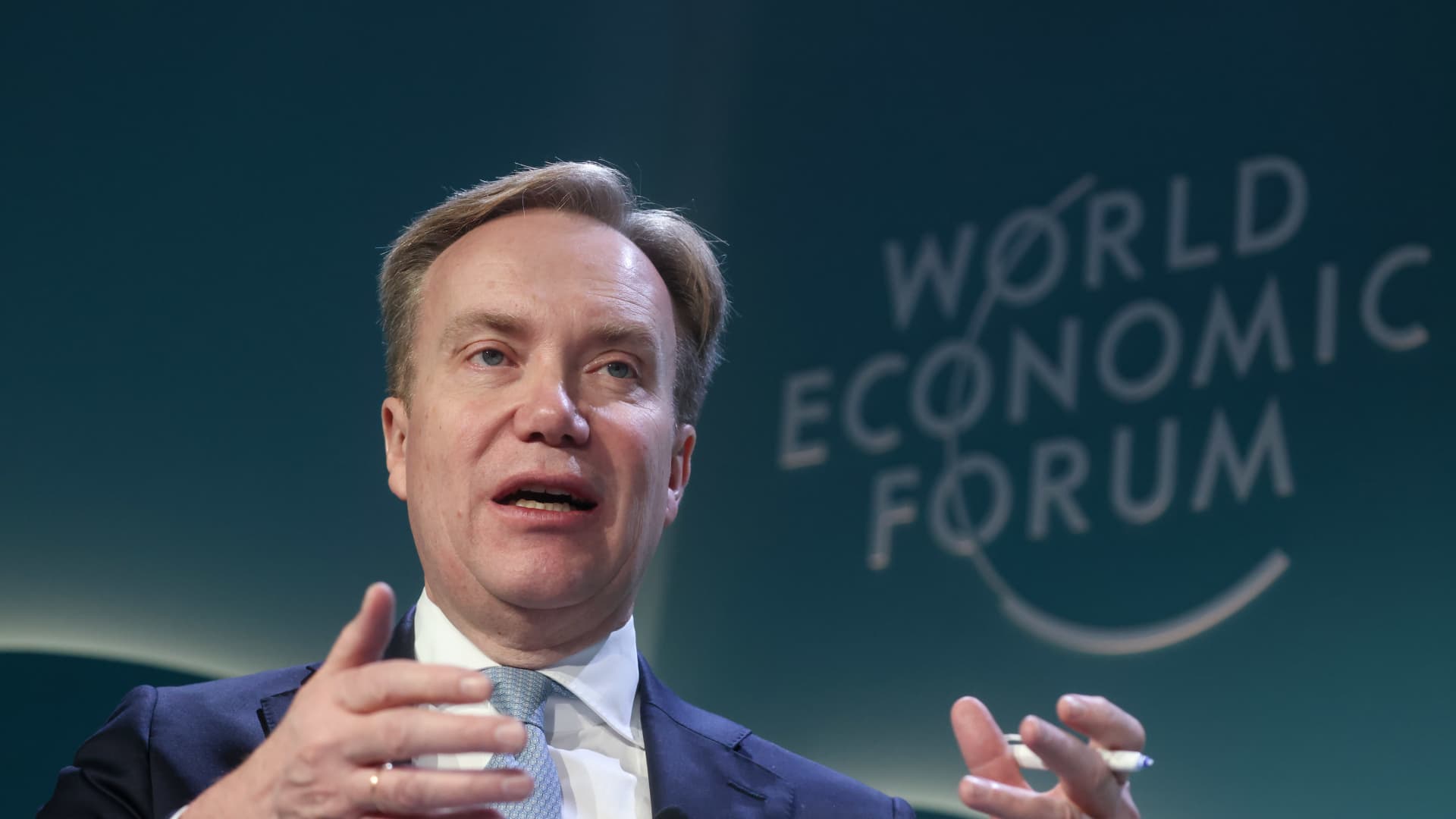Crowds of people walk under neon signs on Nanjing Road. The street is the city’s main shopping district and one of the busiest shopping districts in the world.
Nikada | E+ | Getty Images
The International Monetary Fund slightly raised its global growth forecast on Tuesday, saying the economy had proven “surprisingly resilient” despite inflationary pressures and monetary policy changes.
The IMF now expects global growth of 3.2% in 2024, a modest increase of 0.1 percentage points from its previous January forecast and in line with the growth forecast for 2023. Growth is then expected to continue at the same pace in 2025 3.2% growth.
IMF chief economist Pierre-Olivier Gourinchas said the results suggested the global economy was heading for a “soft landing” after a series of economic crises and that risks to the outlook were now largely balanced.
“Despite dire forecasts, the global economy remains remarkably resilient, with steady growth and slowing inflation that is falling almost as quickly as it has risen,” he said in a blog post.
Growth is expected to be led by advanced economies, with the US already exceeding its pre-Covid-19 trend and the Eurozone showing strong signs of recovery. However, a bleaker outlook in China and other major emerging markets could weigh on global trading partners, the report said.
China is one of the biggest downside risks
China, whose economy continues to be weakened by a housing market downturn, was cited as one of the potential downside risks to the global economy. Also included were price spikes caused by geopolitical concerns, trade tensions, different disinflation paths between major economies and persistently high interest rates.
On the positive side, looser fiscal policies, falling inflation and advances in artificial intelligence were cited as potential growth drivers.
Central banks are now being closely watched for a signal on the future path of inflation, with opinions differing on both sides of the Atlantic over when the Federal Reserve and European Central Bank will cut interest rates. Some analysts recently predicted a possible Fed rate hike as stubborn inflation and rising tensions in the Middle East weigh on economic sentiment.
The IMF expects global headline inflation to fall from an annual average of 6.8% in 2023 to 5.9% in 2024 and 4.5% in 2025, with advanced economies returning to their inflation targets sooner than the emerging and developing countries.
“As the global economy approaches a soft landing, the near-term priority for central banks is to ensure that inflation kicks in smoothly by neither easing policy too early nor delaying it for too long, leading to undershooting,” Gourinchas said.
“At the same time, as central banks adopt a less hawkish stance, it is appropriate to refocus on implementing medium-term fiscal consolidation to provide scope for fiscal maneuvers and priority investments and to ensure debt sustainability,” he added.
Despite Tuesday’s rosier outlook, global growth remains low by historical standards, partly due to weak productivity growth and increasing geopolitical fragmentation. The IMF’s five-year forecast calls for global growth of 3.1%, the lowest in decades.
Source link
2024-04-16 13:33:49
www.cnbc.com















